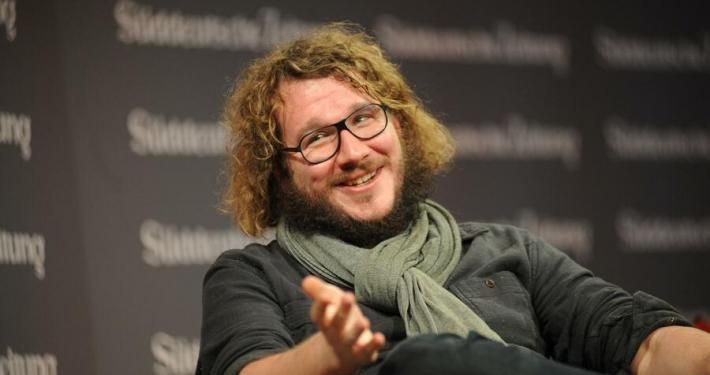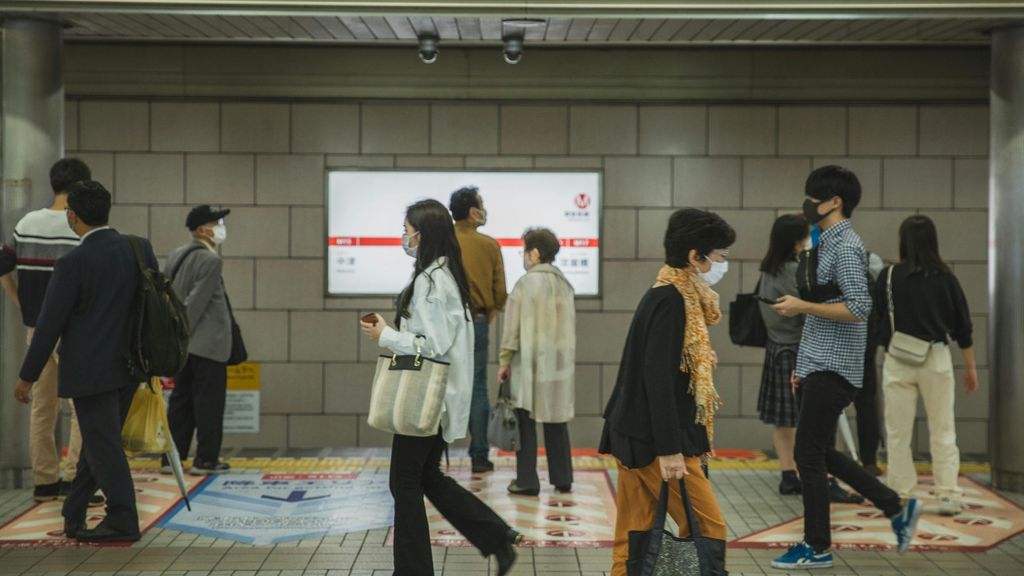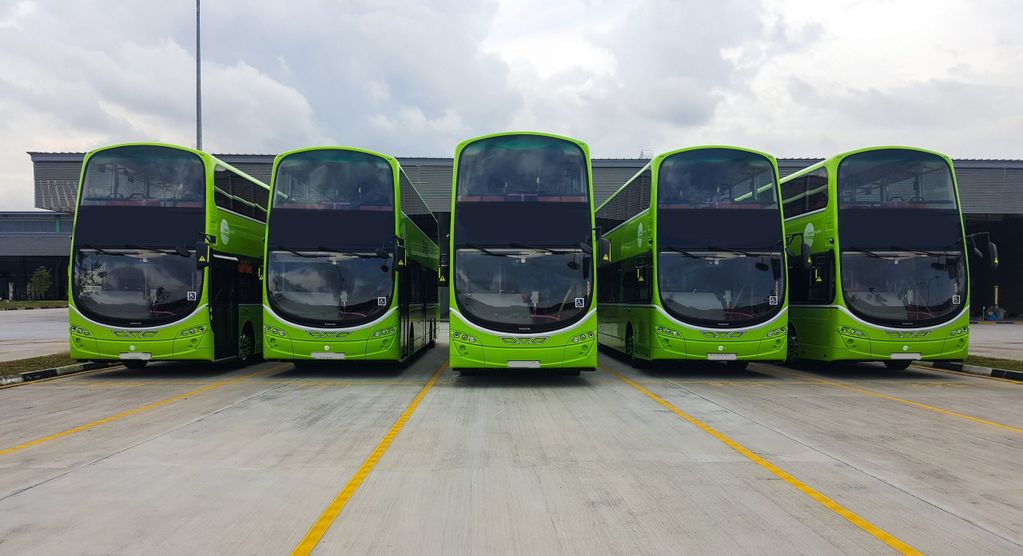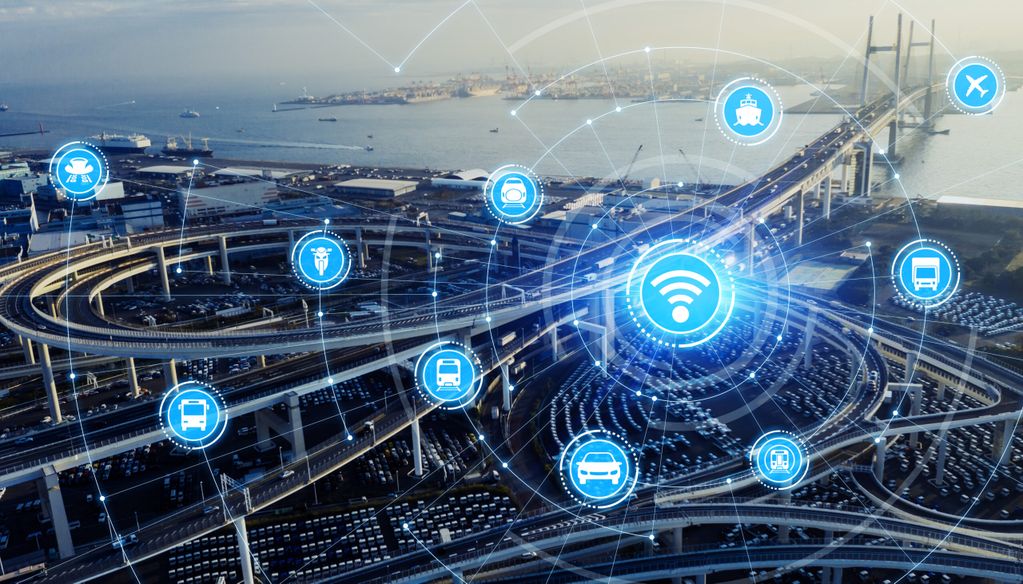
"Today, tomorrow, later and always"... meet IT-TRANS Keynote Christoph Bornschein
Digitalisation continues to redefine the way we live, the way we interact, and crucially for the world of urban mobility, the way we move.
As the progressive digital transition continues to change our everyday lives, the public transport sector has embraced new technologies to make the way we move around our cities as efficient and customer-friendly as possible.
At IT-TRANS (Karlsruhe, 3-5 March 2020), the largest event of Enter the man you want leading your digital strategy: Christoph Bornschein. its kind dedicated to digitalisation and IT in urban mobility, UITP and Messe Karlsruhe required the right person to set the spotlight on digital change.
Enter the man you want leading your digital strategy: Christoph Bornschein.
As CEO and Co-Founder of TLGG, the German agency boutique consultancy for digital business, Christoph knows what the digital revolution has done for the world – and can do – and offers his counsel to global companies and brands such as Bayer, Ford, ING, Lufthansa, Deutsche Bank and KUBIKx.
You can get to know more about Christoph in our official launch news and press release announcing him as our IT-TRANS Keynote Speaker for the 2020 edition.
During the event Christoph will address how the digital transformation is changing our society and what that means for public transport.
But first, spend some time with us by getting to know our Conference Man of the Moment , in our exclusive sit-down with Christoph…
Q: Christoph, you’ve had a very interesting and successful career so far…with roles in communications, marketing, PR, digital business, tech, start-ups, and consultancy, what are your personal highlights?
In all these projects and positions, there have always been two constant highlights: meeting and working with people with great knowledge, profound understanding, and an eagerness to learn – in my own team, as clients, as chance encounters in a conference setting. To choose one situation, project or person would be a disservice to the many others.
“I have worked with clients in urban transport and often dealt with topics related to urban mobility – from smart grids to the future of work to smart cities as such. It’s an exciting and important factor in our very urban future…”
Q: We’ve had a very positive reaction to the news that you’ll be our Keynote Speaker for the 2020 edition of IT-TRANS, and we’re delighted to have you on board! What should our audience expect from your speech? Is ours a sector you’ve addressed before?
Some years ago, a friend describes my keynotes as a kind of “constructive scare”. This, I think, is fairly accurate. To this day, many people estimate the speed and degree to which technology is effecting changes in our way of working, living, and creating value. I aim to provide a general perspective and specific ideas on dealing with the challenges at hand. I have worked with clients in urban transport and often dealt with topics related to urban mobility – from smart grids to the future of work to smart cities as such. It’s an exciting and important factor in our very urban future.
Q: IT-TRANS is all about the future of urban mobility, and what digitalisation has done, and can do, for public transport. As we begin our seventh edition it’s important to reflect on what’s to come. What do you think is next in the digital world for urban mobility?
With so many things happening at once, it’s hard to decide on what will come first. Increased electrification will make for inseperable ties with urban mobility and urban power grid management. New modes of work will require new modes of transport, new regulations are calling for new solutions for the daily commute, increased urbanisation is testing the limits of our legacy systems in transport, we will see new players and radical developments in individual micromobility. If you ask me what is next, ‘Everything’ would be an unsatisfactory, but fairly correct answer.
“It’s always amazing to meet people who do not just have great ideas, but also the spirit and knowledge to turn these ideas into a service or product….”
Q: You’ve also worked as a mentor in the digital and start-up industries, for companies and bodies such as Microsoft, Startup Autobahn and the LEAD Academy. What has this experience been like?
Weird and great, interesting and frustrating. It’s always amazing to meet people who do not just have great ideas, but also the spirit and knowledge to turn these ideas into a service or product. An entrepreneurial mindset alone is just the will to make money, and a great idea alone is just the pride in being really smart. Combining the two, however, yields powerful results. The frustrating part then is seeing new ideas and innovations clash with old concepts and structures, both in the regulatory and the corporate sense.
Q: We came across the phrase “every brand experience has to be more than a moment, but believing that one moment can decide everything” when learning about your work at TLGG. It’s a very powerful thought. Can you share with our readers the most interesting, and unique experiences you’ve had when working on a particular strategy?
I signed a lot of NDAs in my life, so don’t expect specifics…What I can say is that when developing strategies for a world in transformation, you will often arrive at a crucial insight that will go against every tradition and process your client has built and cherished for so long – changing business models, changing value chains, the need for bets and experiments, the imperative of self-cannibalisation. Every concrete manifestation of that moment is different, and so are the clients’ reactions to them.
Q: And finally, many people and companies come to you for consultation. But what’s the best piece of advice you’ve been given and from who?
Back in 2008, my co-founders recommended taking my monologues and my digital proselytising to the stage rather than giving exhaustive keynotes to an audience of two. Whatever their true motives: it was a great idea.
Thank you to Christoph for his time and his interesting take on the digital world!
become a member








